Subgrantee Group
False Belief, Epistemology, and the Origin of Scientific Thinking
Principal Investigator: Kevin (Ze) Hong, Zhejiang University
A recurring feature of human societies is that individuals often hold beliefs that are demonstrably false. The fact that people hold these beliefs presents an evolutionary puzzle: if natural selection has shaped human psychology to be generally truth-seeking, why do many false beliefs prevail in nearly all human societies across all historical times? While various adaptive and non-adaptive answers have been proposed, few explanations have explicitly considered the learning mechanism in the form of belief-updating during one’s lifetime. Here I propose that to better explain the prevalence of false beliefs, we must understand the belief-generating mechanisms that are responsible for them. In this project I build on work showing that human have an evolved capacity to update their existing beliefs using genetically evolved cognitive strategies and culturally transmitted epistemic technologies, and examine the population level processes of belief transmission and updating. Although learning is generally adaptive, the social nature of information transmission in humans can nonetheless produce non-adaptive, false beliefs. I will investigate three reasons why belief updating sometimes fails to generate true belief: 1) over-reliance on not-always effective epistemic sources; 2) psychological factors such as biased causation seeking; 3) social or normative factors, such as lack of an incentive structure or social norms to encourage active testing (perceived cost of testing being too high). To illustrate the proposed mechanism with precision, I present a simple mathematical model to describe the belief updating dynamics that makes specific predictions. Then, building on a battery of pilot studies, I describe a program of fieldwork in southwest China to test the significance of the three proposed mechanisms.

